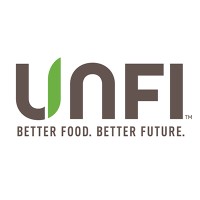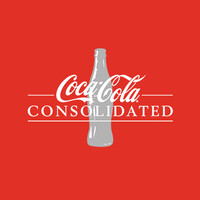
UNFI
UNFI is North America’s Premier Food Wholesaler. We transform the world of food for our associates, customers, suppliers and the families we serve every day. With deeper full store selection and compelling brands for every aisle, built on an unmatched heritage in great food and fresh thinking. And smarter food solutions, from fulfillment to insights and beyond, that help entrepreneurs and major brands alike unlock their full potential and transform their businesses – for the better. Better Food. Better Future.






